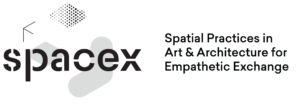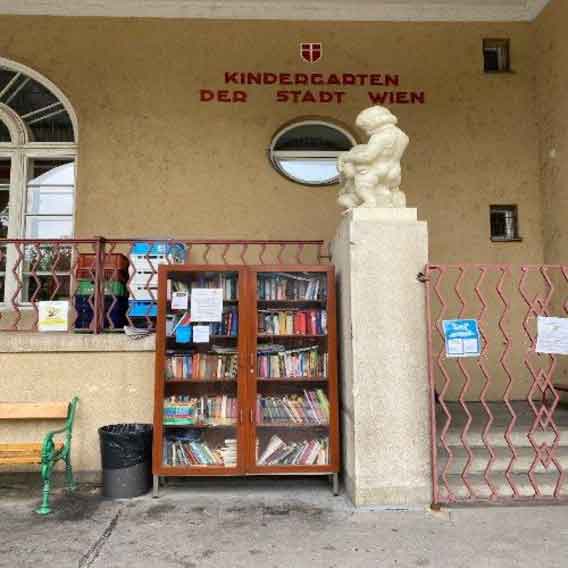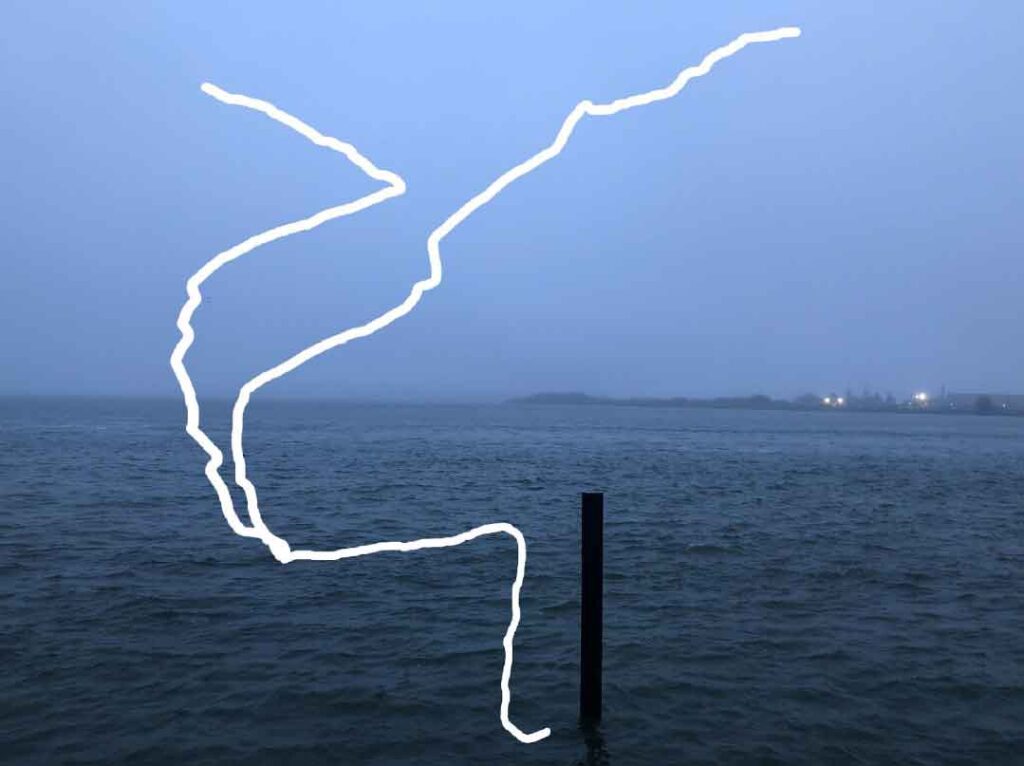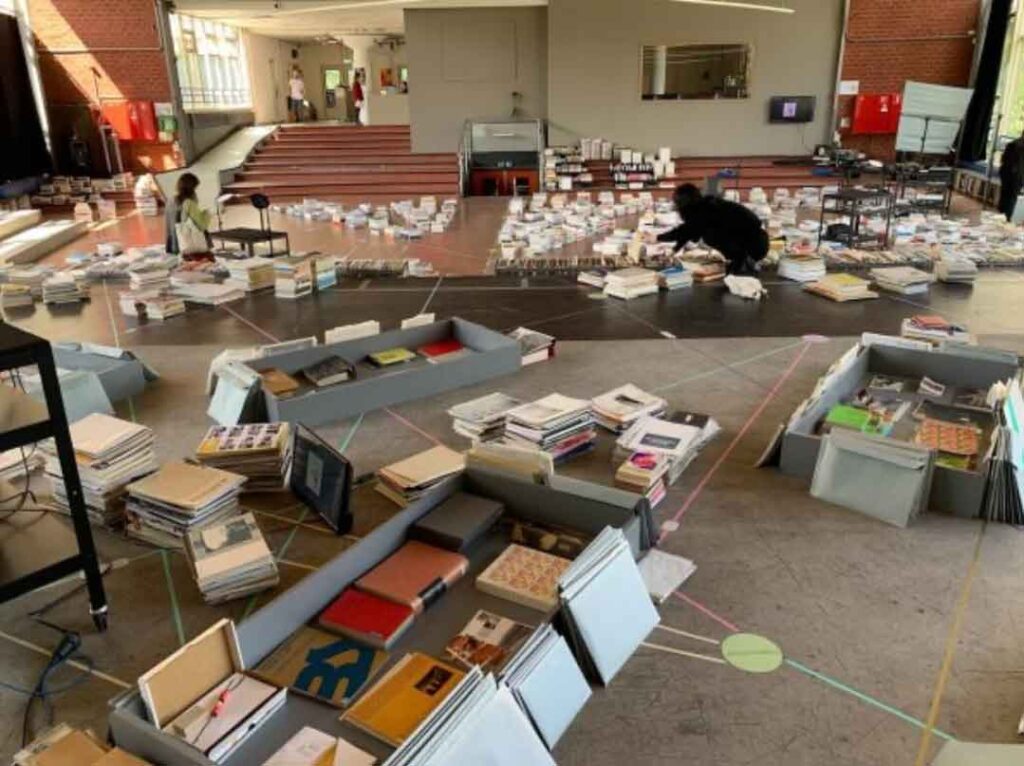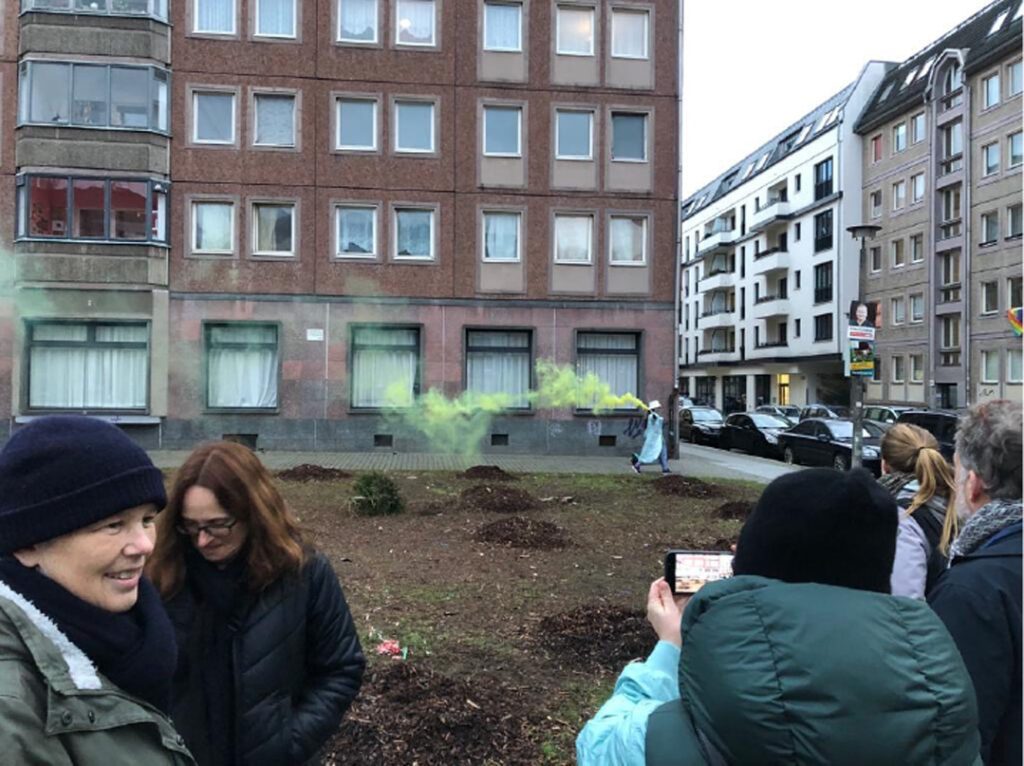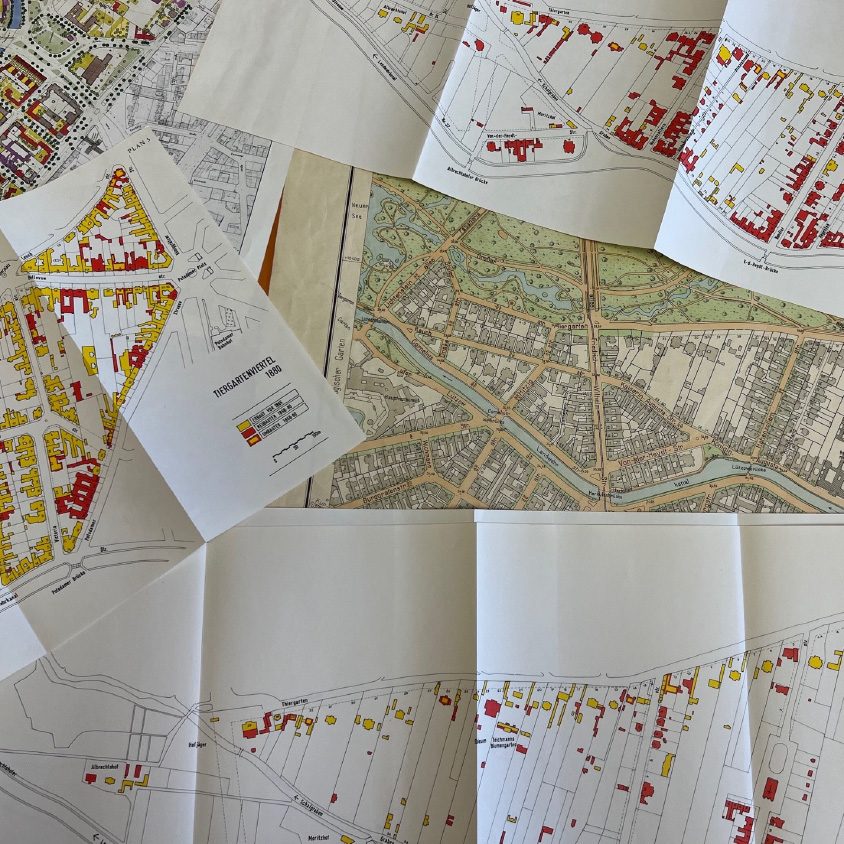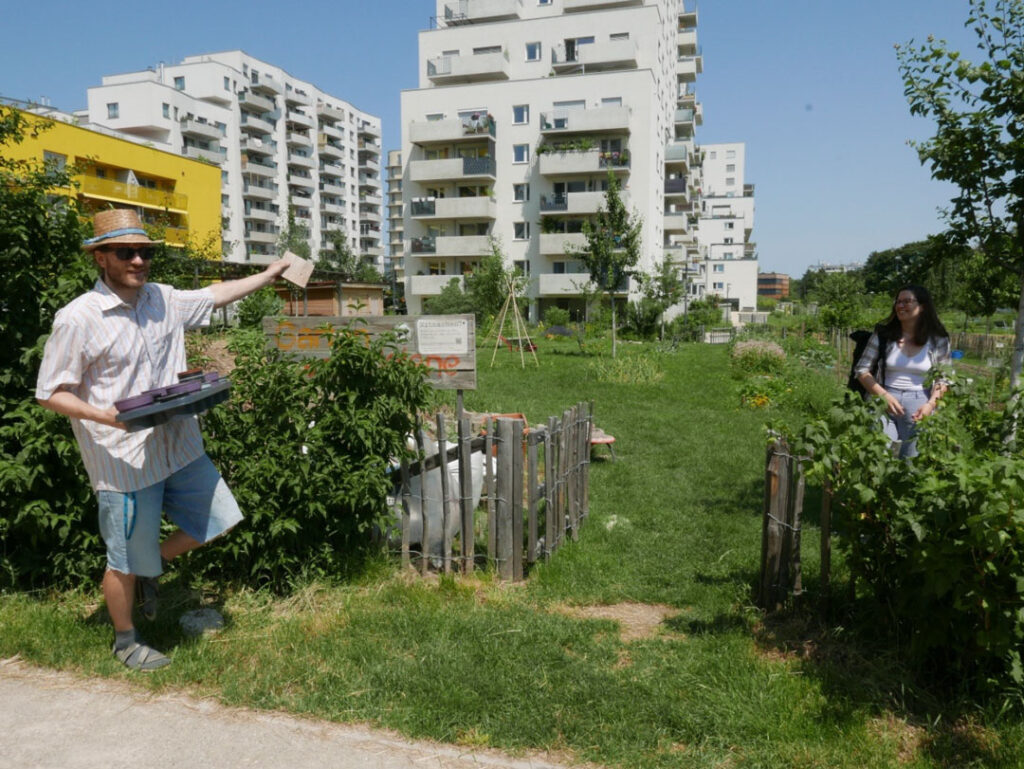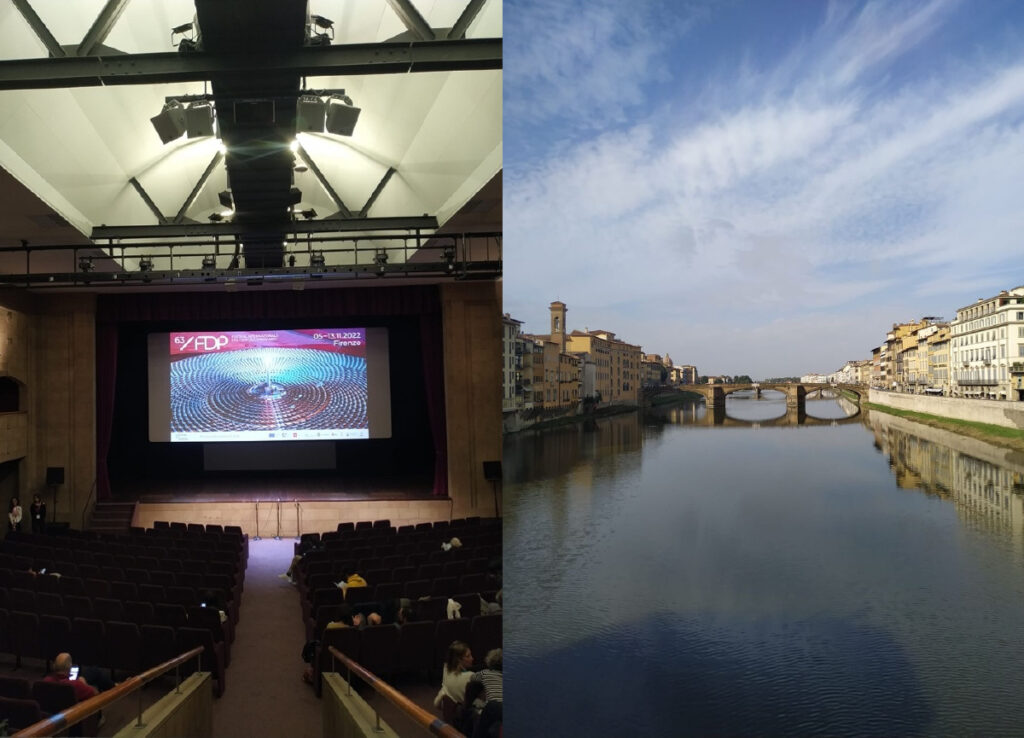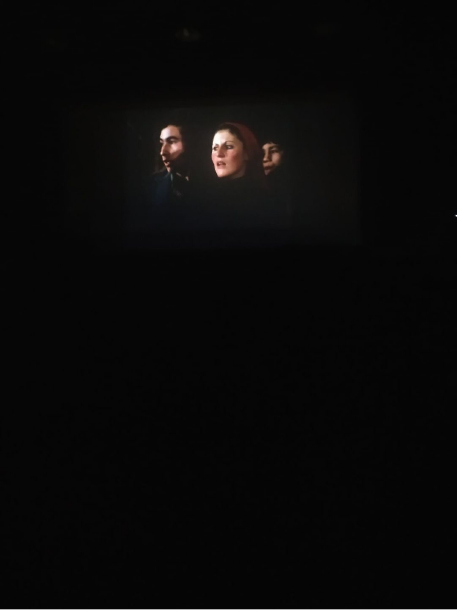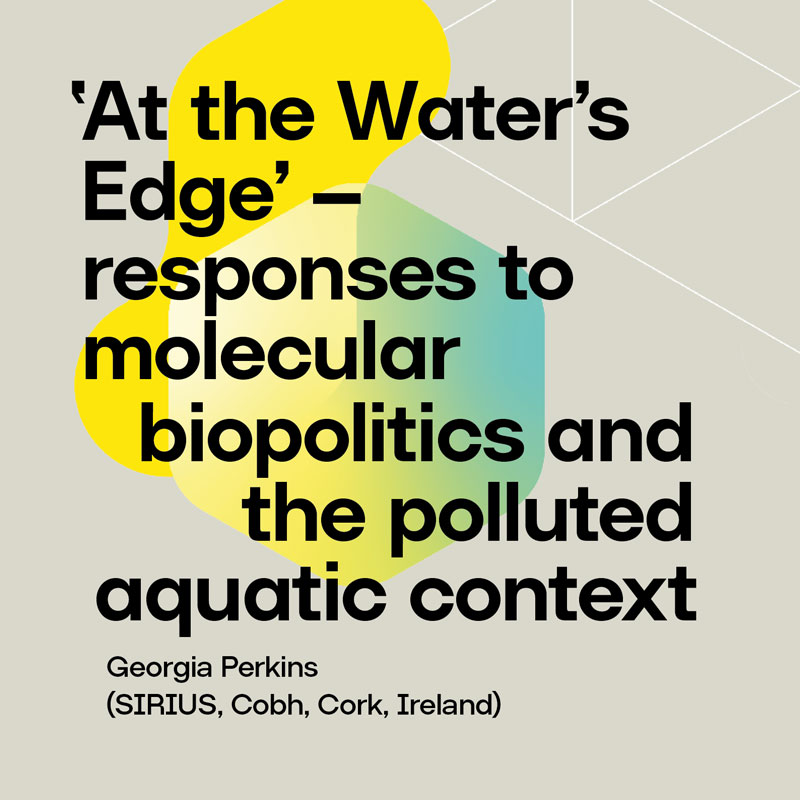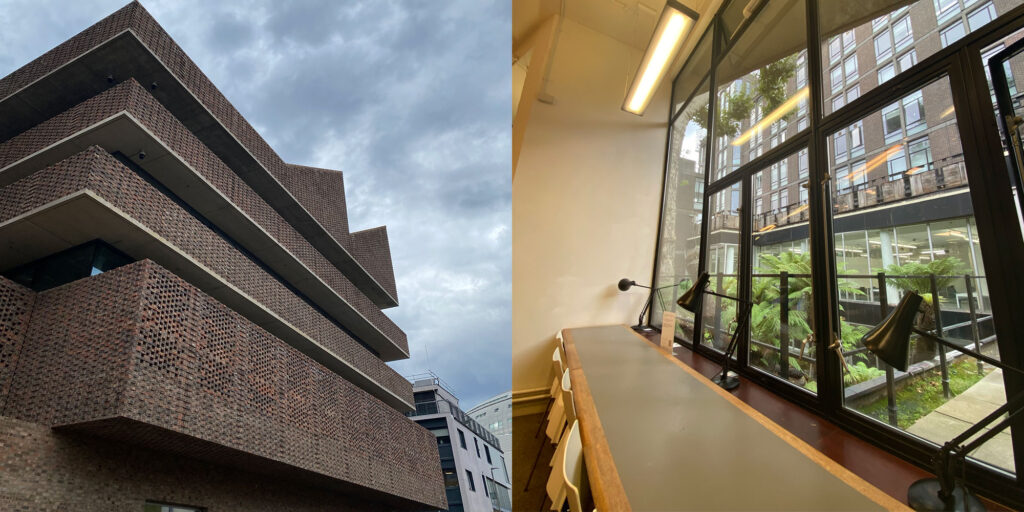Avril Corroon at Angewandte University of Applied Arts
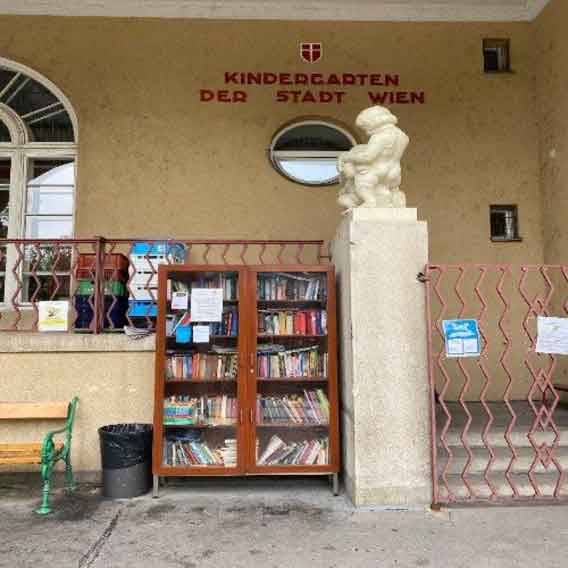
Dates of Secondment
19/11/2023 – 02/12/2023
9/05/23 – 23/05/23
My SPACEX secondment took place split in two instalments. This allowed me to spend the first part researching and visiting relevant areas to begin my research and then for the second secondment to consolidate some of these ideas and my own practice in the form of an artist talk and pick up on connections and key areas in more detail.
I investigated how Red Vienna had shaped Viennese living and learnt about the housing system to draw comparatives to the history of housing and urban planning in Ireland and its current policies. During the secondment I visited over ten different Superblocks such as Karl Marx Hof, Metzleinstaler Hof, Rabenhof etc.
I met with SPACEX researchers Jaspar Josef Leseter, Paul Rajakovics, artist and Social Design tutor Christina Schraml, artist Marlene Hausegger, Elke Rauth who runs Bikes and Rails and URBANIZE! INT. FESTIVAL FUER URBANE ERKUNDUNGEN and the curators of Hoast.
My meeting with Elke Rauth and others who she introduced me to at Bikes and Rails a passive housing project she co runs and lives at was extremely informative and beneficial in seeing a contemporary project successfully realise excellent quality housing which is gives back to the community, costs little to run, is passive and is funded through lending.
On my second visit in November I was able to catalyse some of the initial discussions and meetings from the first secondment. I gave an artist talk to the masters students at the school of Social Design at the Angtewadte, made a insert for inclusion in the Derivé architecture magazine and also partook as a guest to Barbara Holubs seminar and will continue working with her and her student Lisa Napravnik on making a Manifesto for the ‘Learner and the Learned’ which asserts a set of actions and beliefs on pedagogy and examines the role of art education.
Avril Corroon at Angewandte University of Applied Arts Read More »
